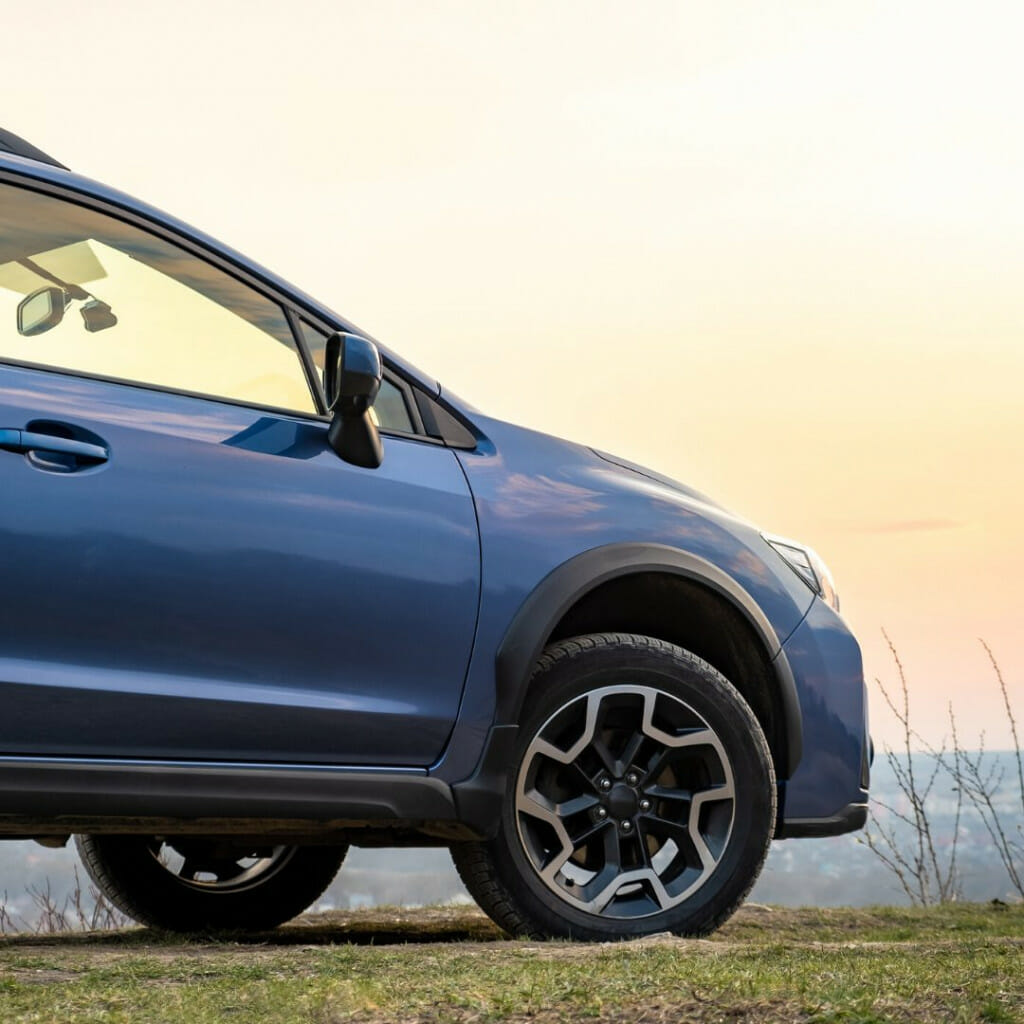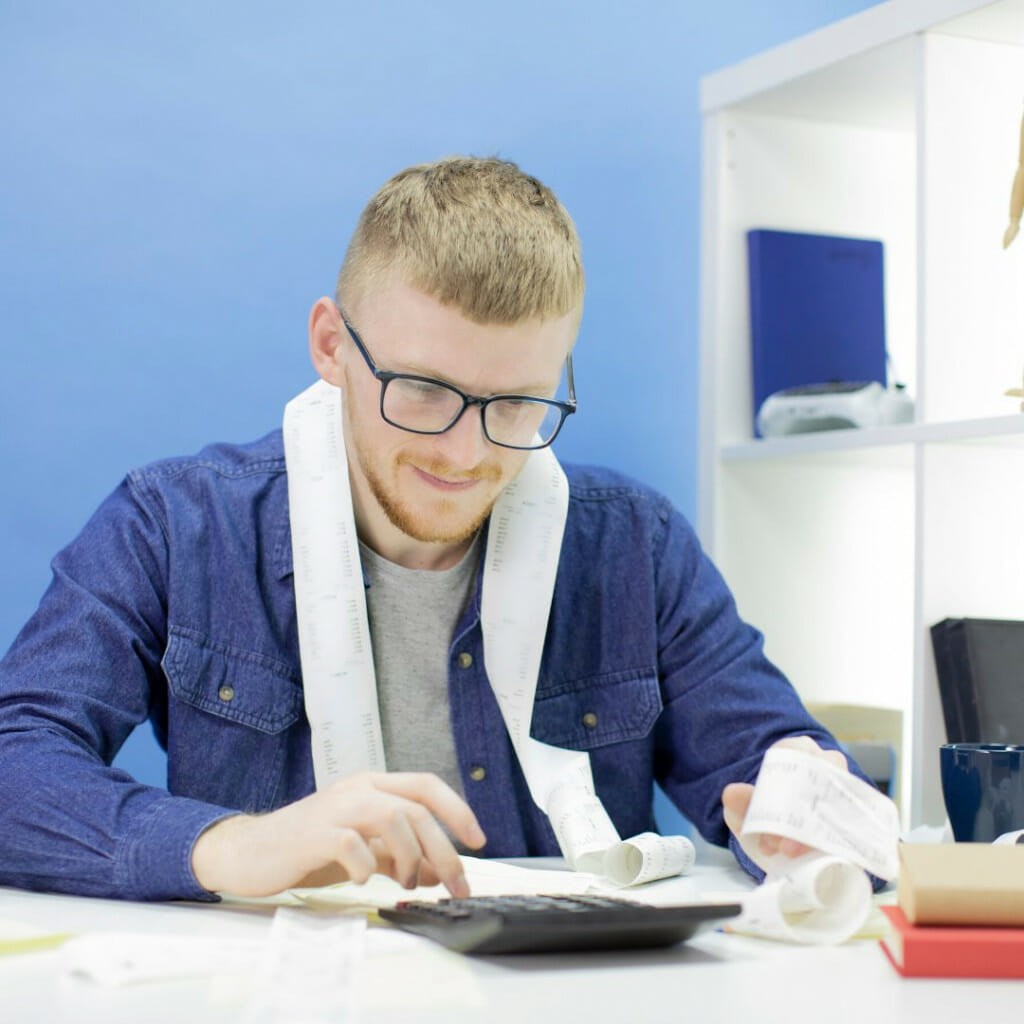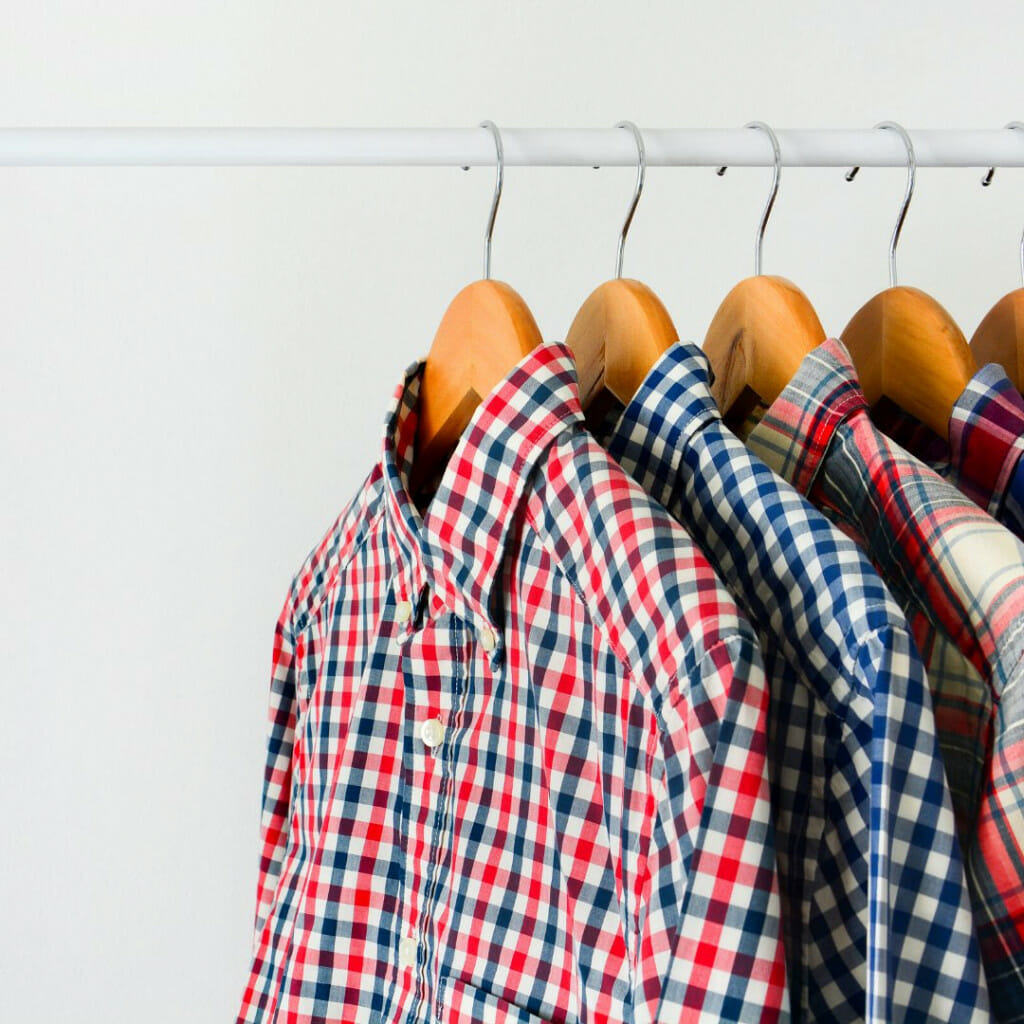
How Do Brits Spend Their Money?
According to the 2018/19 Survey from the Office of National Statistics, the average UK household spends £585.60 per week which is to cover all of the living expenses that we need in daily life.
But, what exactly are Brits spending that £586 per week on?
UK households generally spend their money on the normal things you’d expect like food, transport, bills and other expenditure.
However, did you know that Brits actually spend nearly as much money in restaurants and hotels as they do on food and non-alcoholic beverages?
To dive into more detail about how Brits spend their money, keep on reading!
Transport
Brits spend on average £80.20 a week on transport. It is supposedly the most expensive factor which brits spend their money on. It equates to 13.7% of all spending. To break this down £35 is spent on the operation of a personal vehicle (petrol and diesel), £24 on the purchase of vehicles and then the remaining £21.20 on public transport.
How can you save money on transport?
With transport being the most expensive factor brits have to pay each week, understanding how you can save money might come in handy to you. Whether you are using public transport or your own vehicle there are always ways you are able to save. One of the best ways is to see if your nearest city offers free bus services. Most of the big cities will have free buses or shuttle services which you can hop on and off as you please. Although, if you do not live near a city, then there are plenty of other options. Try keeping an eye out for different deals online or by using an app of the company which you travel with (if they have one). Certain companies have special offers depending on your age or the time of the day. Typically fares reduce after 9 am as rush hour is slowing down, so unless you are travelling and needing to arrive by a specific time, going out of peak is a lot earlier.
Similarly, if you are driving your own personal vehicle, it is more difficult to find ways to save money. Although, we suggest that you hunt around your local area to find the cheapest fuel prices. Along with this, you can avoid premium fuel prices to save as much money as possible.
Housing (Net)
Secondly, £79.40 is spent on housing (net). £50.30 of this is spent on rent with only £37.30 being net rent. Net rent is the amount spent on rent after removing housing benefits and related allowances. £24.60 is spent on gas and electric and other fuels. This is £9.80 on water supply, And then the remaining £7.50 is on maintenance.
Other Expenditure
£77.20 is spent under the category of other expenditure, this contains factors which do not fit hand in hand with the other categories. The main bulk of this category is housing. This includes £24.50 on housing tax and domestic rates and then £20.80 mortgage interest payments. Along with this, £13.90 is spent on money transfers and credit, £12.60 on holiday spending and lastly, £4.20 on fines, transfers and licenses.
Recreation and Culture
The average UK household spends around £76.90 per week on activities for their own enjoyment. This includes £30.40 on package holidays, £19.90 on recreational services such as sports, TV subscriptions, cinemas and other entertainment. Following this is £14 on pets, pet food, games, gardening equipment and camping. Lastly, there is £5.30 spent on books, newspapers and magazines and £4.90 spent on various equipment. With some factors linking into different categories, it is difficult to say the definite amounts spent on each category. Some people may place certain aspects into different groups.
How can you save on recreation and culture?
We advise that you take a look through all of your subscriptions, activities and other services and take a moment to understand whether or not you need them. If you are still unsure about whether or not you should cancel a subscription, you could try weighing up the pros and cons to get a better idea of what you could do. 
Food
Surprisingly, food is fourth in the list. With food being essential in everyday life, you may have thought that it would have been closer to the top of the list than recreation and culture. Roughly, £56.60 is spent every week on food and £5.30 on non-alcoholic drinks.
Restaurants and Hotels
£40.70 is spent on catering services, such as restaurants, pubs and cafés every week. This also includes takeaways and alcoholic beverages which have been takeaway to be drunk at home. As well as this, £5.60 is spent per week on holiday accommodation in the UK and also £4.80 is spent on accommodation abroad.
Goods and Services
This includes a range of services which you may classify into other categories including recreational and culture or even transport. Firstly, the main bulk of this category is £20.10 a week spent on insurance. Secondly, £13 is spent on personal care, this includes hair care, toiletries and even toilet paper. The smaller aspects of this section include £5.60 on other services, £3.60 on personal effects and lastly, £3.20 on social protection.
Household Goods
Furniture and decoration including new carpets work out at £21 a week. Following this, is household maintenance which equates to £7.20, this includes domestic services, cleaning products and repairing of furniture. A sum of £10.60 is used for household appliances, garden furniture, utensils and household textiles.
Clothing and Footwear
£19.10 is spent per week on clothing. Did you know that women spend almost double the amount men do per week on clothing? Women typically spend around £9.60 whereas men spend just over £5. The rest of the money in the clothing category is used on infant clothing. Similarly to clothing is footwear, on average £5.30 is spent on footwear, again with women spending more than men.
How can you save money on clothing?
Clothing can be expensive, but it doesn’t need to be! There are plenty of shops online and even on the high street where you can find bargains. Some of the most popular places are websites and apps including Depop or eBay. Other shops include thrift shops or charity shops, although some of the things you may find in there may not be what you are looking for, they offer a great selection of different clothing as people are constantly donating new things. Another great thing about these types of shops is that you can even find brand new clothing for a fraction of the price. People tend to sell items which do not fit them instead of sending them back, so there are plenty of different things you are able to find. Although you are still going to spend money, you are not spending as much as it would cost you to buy products from a big-name brand.
Communication Services
All together, £21.30 is spent on communication services. This is £10.00 a week on phone services and £8.90 on mobile phone accounts. Despite the amount of time we use our phones, in relation to the rest of the spending, it really does not equate to a lot compared to some of the other categories.
Alcoholic Drinks
On average, £9.10 is spent on alcoholic drinks every week and as well as this, £3.90 is spent on tobacco. The most popular alcoholic drink is the wine which is bought and taken home, this equates to £4.60 a week.
Health
Towards the bottom of the categories lies health. Due to the NHS, people do not need to pay for treatments or surgeries. Therefore, this category equates to £8 a week. It includes factors like prescriptions, glasses, and outpatient services.
Education
This includes education fees, for university, nursery, secondary education and sixth form/college. University fees are the highest amongst the whole of the category equating to £2.70 per week.
Other Information
These figures are an average result taken and divided into each sector. Hence the small amounts in certain areas including package holidays. Something which is important when it comes to learning about what an average Brit spends their money on is considering debt and money shortages. If you are unable to pay for essentials including food or bills you will need to try and find a way to solve your problem. If you have tried everything you can to get your hands on the money you need but you have had no luck here at PM Loans, we are able to help you by finding you a loan. But, please remember this is your last option as it could lead to further debt or financial issues.






